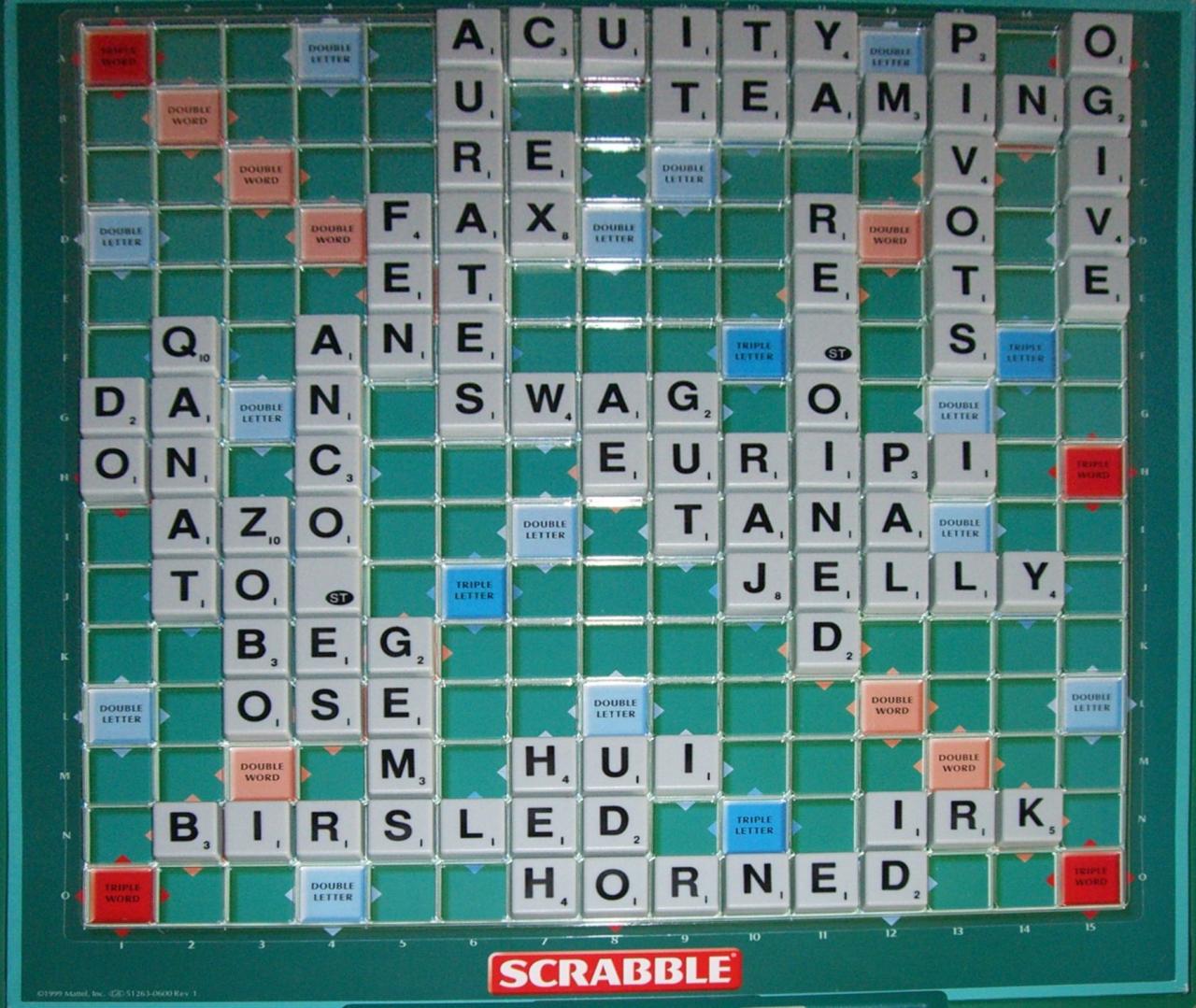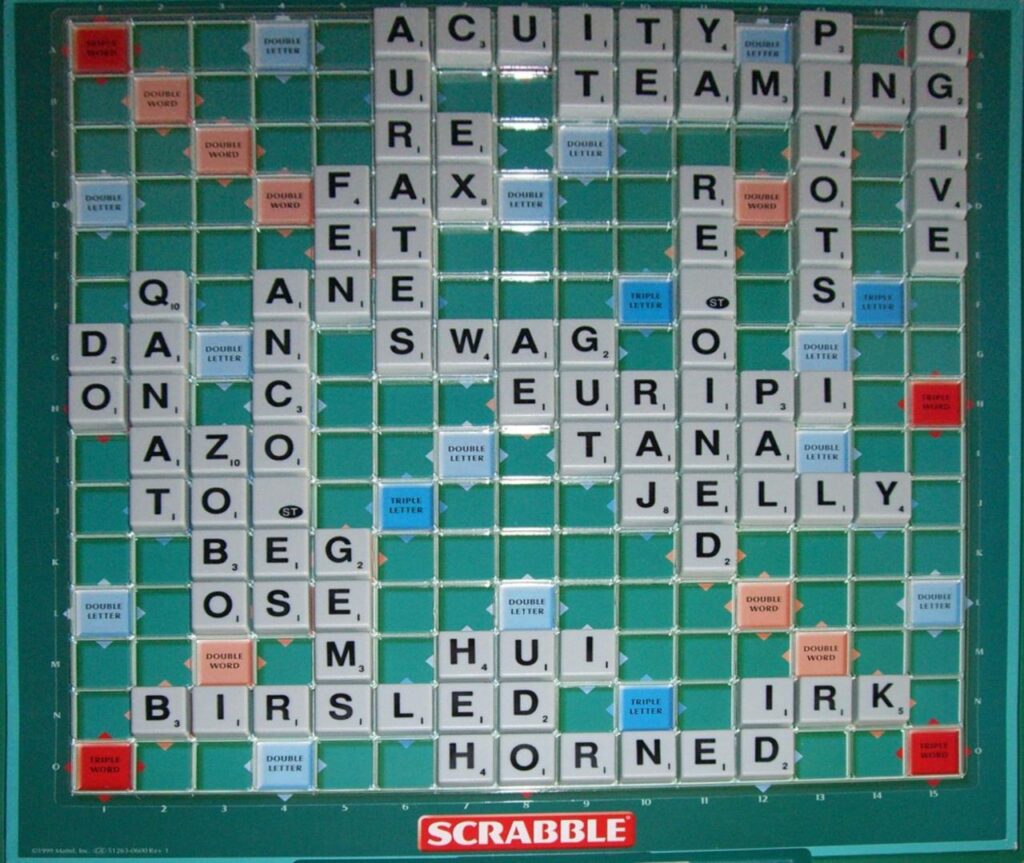Game pc has become a cornerstone of entertainment and technology, offering gamers an unparalleled experience driven by cutting-edge innovations. Over the years, the landscape of PC gaming has transformed dramatically, with new genres emerging and hardware advances pushing the boundaries of what’s possible. This exciting evolution highlights not only the diversity of gaming options available but also the essential components needed to build a powerful gaming setup that caters to various tastes and preferences.
From action-packed shooters to immersive RPGs, understanding the most popular game genres for PC, along with the necessary specifications for a high-performance gaming rig, is key to enhancing your gaming experience. The importance of high-quality graphics and effective cooling systems cannot be overstated, as they significantly impact player immersion and overall gameplay quality. Join us as we explore the thrilling world of game pc, diving into genres, components, and the visual artistry that defines modern gaming.
Popular Game Genres for PC: Game Pc

The landscape of PC gaming is vibrant and ever-evolving, characterized by a myriad of genres that cater to diverse player preferences. From immersive narratives to competitive play, each genre offers unique experiences that appeal to different types of gamers. Understanding the top genres can help players navigate their gaming choices and appreciate the nuances that distinguish one genre from another.
Over the last decade, PC gaming genres have undergone significant transformations, largely influenced by technological advancements, player demands, and cultural shifts. Genres such as Battle Royale and Multiplayer Online Battle Arena (MOBA) have gained immense popularity, while traditional genres like Role-Playing Games (RPGs) continue to evolve, offering richer narratives and deeper gameplay. This evolution illustrates the dynamic nature of gaming and its ability to adapt to changing trends and innovations.
Top Five Game Genres for PC
The following are the five most popular genres in the PC gaming ecosystem, showcasing their characteristics and appeal:
- Action/Adventure: This genre blends the elements of action and adventure, often featuring complex narratives, exploration, and a mix of combat and puzzle-solving. Games like “The Witcher 3” and “Assassin’s Creed” exemplify this genre with their rich storytelling and engaging gameplay.
- First-Person Shooter (FPS): FPS games focus on gunplay from a first-person perspective, emphasizing fast-paced action and often competitive multiplayer experiences. Titles such as “Call of Duty” and “Counter-Strike” have shaped this genre, featuring intricate maps and tactical gameplay.
- Role-Playing Games (RPG): RPGs allow players to immerse themselves in expansive worlds where they can develop characters and engage in intricate storylines. Notable examples include “Final Fantasy” and “Skyrim,” which offer players the freedom to shape their journeys through choices and character development.
- Simulation: This genre encompasses a variety of subgenres, from life simulations like “The Sims” to realistic simulations like “Microsoft Flight Simulator.” These games focus on creating authentic experiences, allowing players to engage in activities that mimic real-life scenarios.
- Strategy: Strategy games require players to plan and execute tactics to achieve objectives, whether in real-time or turn-based formats. Titles like “StarCraft” and “Civilization” illustrate the depth of strategic thinking involved, requiring players to manage resources and navigate complex scenarios.
Evolution of PC Gaming Genres
The last decade has seen a remarkable evolution in PC gaming genres driven by technological advancements and player engagement. New mechanics, storytelling techniques, and online capabilities have reshaped genre boundaries and created hybrid experiences. Players now expect more immersive worlds, enhanced graphics, and innovative gameplay mechanics that push traditional genre limits.
The rise of digital distribution platforms, such as Steam and Epic Games Store, has also facilitated genre diversification by making indie games more accessible, allowing niche genres to flourish alongside mainstream titles. The increased prominence of community-driven content and mods has further enriched the gaming experience, enabling players to tailor their gameplay to individual preferences.
Distinguishing Features Among Game Genres
Each game genre is defined by unique features that set it apart from others. Understanding these characteristics helps players identify which genres resonate with their gaming styles.
- Action/Adventure: Characterized by narrative-driven gameplay, exploration, and a mix of combat and puzzles, often set in open-world environments.
- First-Person Shooter (FPS): Focuses on immersive gunplay from a first-person view, prioritizing reflexes, precision, and often includes competitive multiplayer modes.
- Role-Playing Games (RPG): Features character customization, story-driven gameplay, and the ability to make choices that impact the game world and narrative.
- Simulation: Emphasizes realism and authenticity, allowing players to engage in activities that mirror real life, often with detailed mechanics.
- Strategy: Requires critical thinking and planning, with gameplay centered around resource management, tactical decision-making, and long-term strategy development.
Essential Components for Building a Gaming PC

Building a high-performance gaming PC requires an understanding of various essential components that contribute to optimal gaming experiences. Each part plays a crucial role in ensuring smooth performance, impressive graphics, and overall reliability. By selecting the right specifications, gamers can tailor their systems to meet the demands of modern gaming.
The core components of a gaming PC include the CPU, GPU, RAM, storage, motherboard, power supply, and cooling systems. Each of these elements significantly impacts performance and stability during gaming sessions. High-performance CPUs handle complex calculations and game physics, while GPUs render stunning graphics. Adequate RAM ensures that games run smoothly without lag, and reliable storage provides quick access to game files. Furthermore, a well-chosen motherboard can support necessary upgrades in the future, while a robust power supply ensures that all components operate efficiently.
Specifications for High-Performance Gaming PCs, Game pc
When considering the specifications for a gaming PC, it’s essential to select components that not only meet current gaming demands but also future-proof the system. Here’s a breakdown of recommended specifications:
- CPU: At least an AMD Ryzen 5 or Intel Core i5 processor for optimal performance.
- GPU: NVIDIA GeForce RTX 3060 or AMD Radeon RX 6700 XT for high-quality graphics.
- RAM: Minimum of 16GB DDR4 for smooth multitasking and gaming.
- Storage: A combination of a 1TB SSD for fast load times and a 2TB HDD for additional storage.
- Motherboard: Compatible motherboard with PCIe 4.0 support, such as an ASUS ROG Strix or MSI Gaming series.
- Power Supply: At least a 650W PSU from a reliable brand to ensure stability.
Importance of Cooling Systems in Gaming Setups
Cooling systems are vital in maintaining a gaming PC’s performance and lifespan. High-performance components tend to generate significant heat, which can lead to thermal throttling if not managed properly. Effective cooling solutions, such as air coolers or liquid cooling systems, ensure that temperatures remain within a safe range, preventing hardware damage and performance drops.
Investing in a quality cooling system not only protects components but also enhances overall gaming performance. Well-cooled systems can maintain higher clock speeds and provide a smoother gaming experience.
Recommended Brands and Models
Choosing the right brands and models for each component ensures reliability and performance. Below is a table listing recommended brands and models for essential gaming PC components:
| Component | Recommended Brands | Models |
|---|---|---|
| CPU | AMD, Intel | Ryzen 7 5800X, Core i7-11700K |
| GPU | NVIDIA, AMD | RTX 3080, RX 6800 XT |
| RAM | Corsair, G.Skill | Vengeance LPX, Trident Z RGB |
| Storage | Samsung, Western Digital | 970 EVO Plus (SSD), WD Blue (HDD) |
| Motherboard | ASUS, MSI | ROG Strix B550-F, MPG B550 Gaming Edge WiFi |
| Power Supply | EVGA, Seasonic | SuperNOVA 650 G5, Focus GX-650 |
| Cooling System | Noctua, Corsair | NH-D15 (Air cooler), H100i RGB Platinum (Liquid cooler) |
The above components and brands provide a solid foundation for building a powerful gaming PC, ensuring an immersive gaming experience that can handle the latest titles with ease.
The Impact of Graphics on Gaming Experience

The quality of graphics in video games plays a crucial role in shaping the overall gaming experience. High-quality graphics can enhance player immersion, making virtual worlds more believable and engaging. As technology advances, players are increasingly aware of the differences in graphical fidelity and how these affect gameplay dynamics, emotional responses, and the overall enjoyment of the game.
Graphics quality affects player immersion by creating more realistic environments, detailed character models, and smoother animations. When players are enveloped in a visually stunning world, they find it easier to lose themselves in the narrative and engage with the gameplay. The emotional weight of a story can be amplified through vivid visuals and dynamic lighting, whereas poor graphics can detract from the overall experience and make games feel flat or uninviting.
Integrated vs. Dedicated Graphics Cards
Understanding the differences between integrated and dedicated graphics cards is essential for optimizing gaming performance. Integrated graphics are built into the CPU and share system memory, making them a cost-effective option for casual gaming. However, they often struggle with demanding titles and high-resolution settings.
Dedicated graphics cards, on the other hand, have their own memory and processing power specifically for handling complex graphics. This separation allows for superior performance in rendering high-quality textures and maintaining frame rates during intensive scenes. Most modern gaming PCs benefit from dedicated graphics cards, particularly for AAA titles, where superior graphics can significantly enhance the gameplay experience.
- Integrated Graphics: Often sufficient for less demanding games and everyday tasks. They are energy-efficient and more budget-friendly, making them ideal for casual gamers or those who prioritize multitasking over gaming performance.
- Dedicated Graphics: Essential for high-performance gaming. They support advanced graphical features such as ray tracing and 4K resolution. These graphics cards are designed to handle intensive workloads, providing smoother gameplay and a more visually stunning experience.
Examples of Games Showcasing Cutting-Edge Graphics Technology
Several games epitomize the advancements in graphics technology, pushing the boundaries of what is possible in the gaming industry. These titles demonstrate how enhanced graphics can lead to more immersive and engaging gaming experiences.
- Cyberpunk 2077: Known for its expansive open world and incredible level of detail, this title showcases ray tracing for realistic lighting and reflections, creating a cybernetic city that feels alive.
- Microsoft Flight Simulator: Utilizing satellite data and cloud computing, this game provides breathtakingly realistic landscapes and weather systems, offering players the chance to fly over accurately rendered cities and terrains around the globe.
- Red Dead Redemption 2: With its meticulously crafted environments and lifelike animations, this game sets a new standard for realism in storytelling and player interaction within an open world.
- Control: Its use of advanced physics and lighting effects creates a uniquely engaging atmosphere that enhances the supernatural narrative, providing an unparalleled gaming experience.
High-quality graphics are not just about aesthetics; they fundamentally shape how players interact with the game world and its narrative.


